Volume 50.03 Autumn 2021
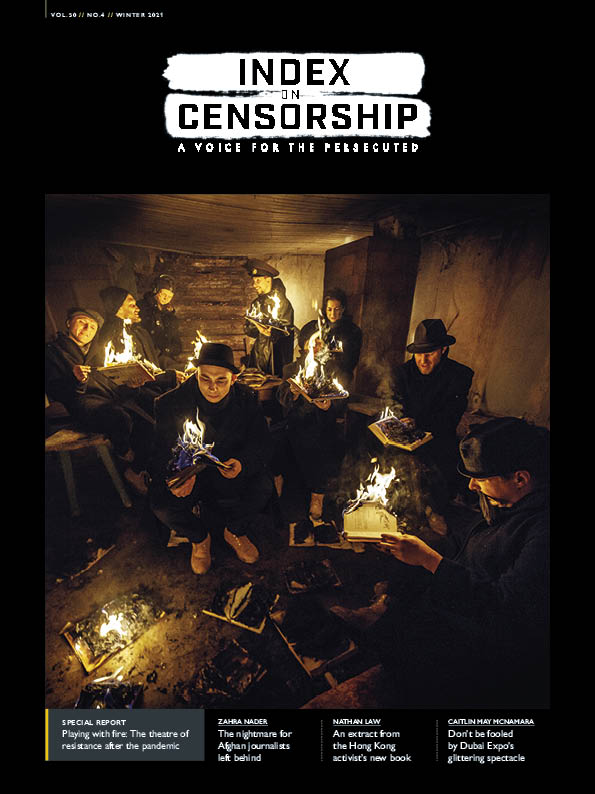

Volume 50.03 Autumn 2021
The Winter issue of Index magazine highlights the battles fought by theatre of resistance across the world and how they've been enduring different forms of censorship. Writer Jonathan Maitland dives deeply into the history of theatre censorship in...
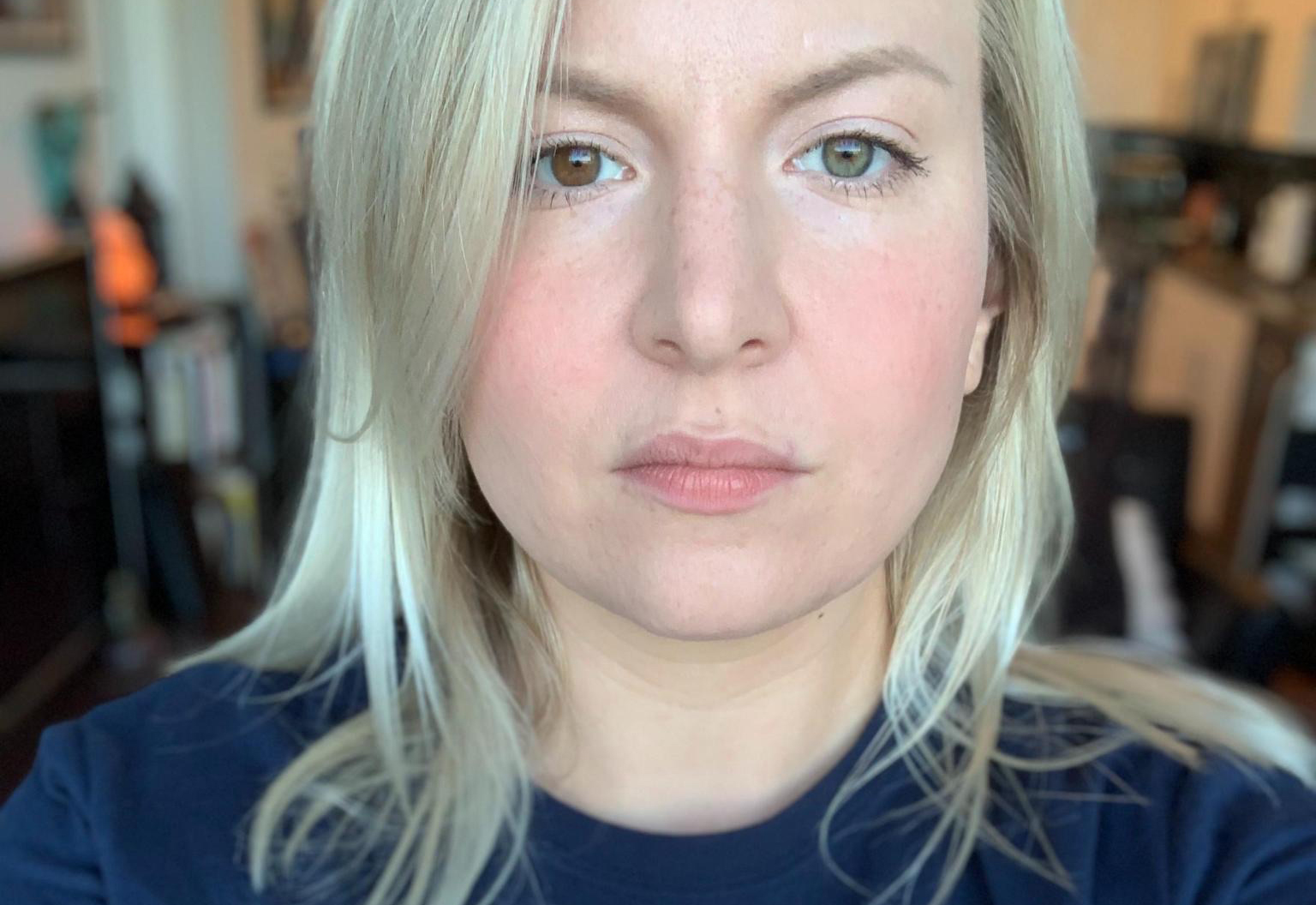
Ashley Gjøvik, who was fired by the tech giant after blowing the whistle on toxic waste under her office, says her fight will go on
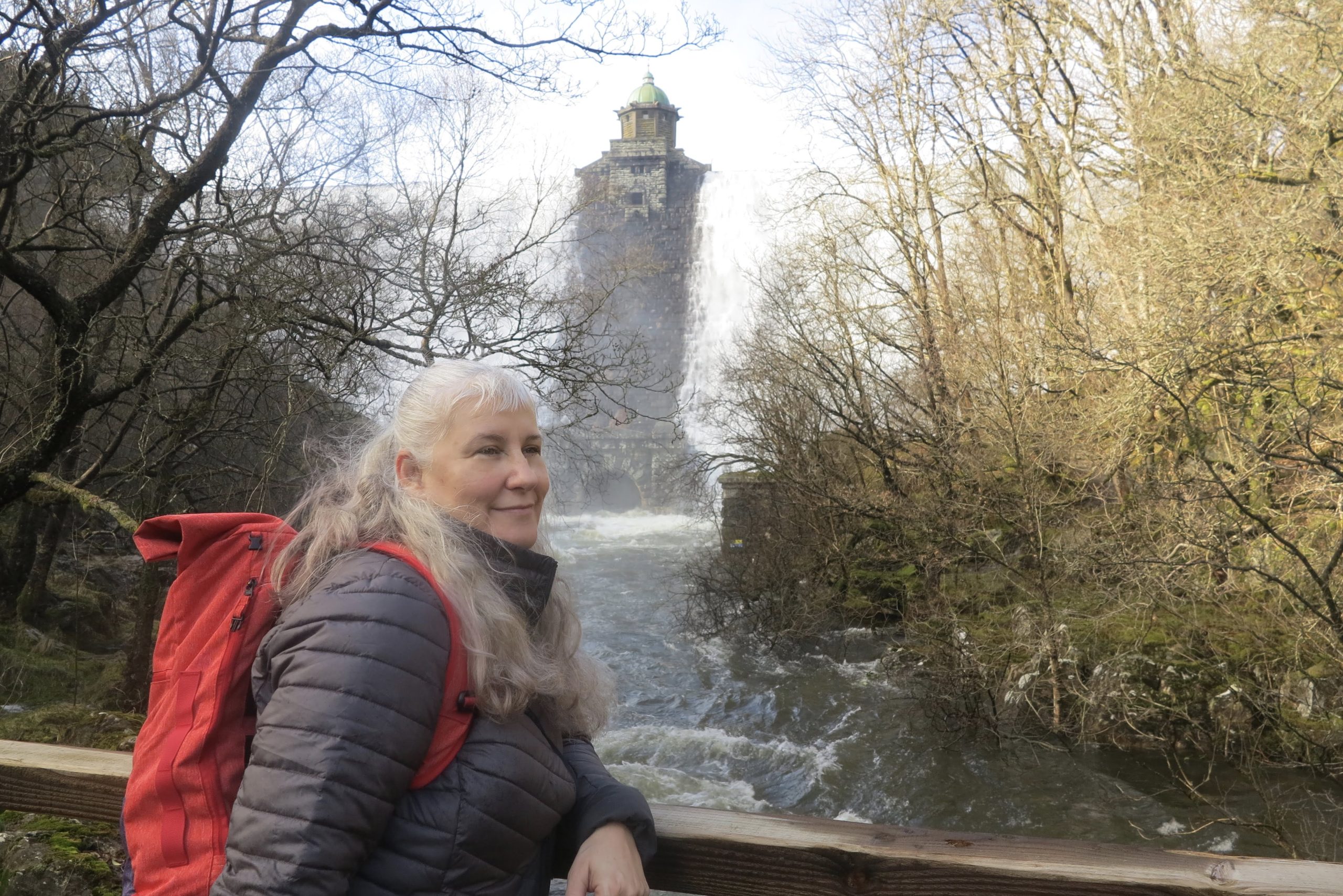
Two Turkish writers discuss Index on Censorship’s new magazine, which looks at how playwrights and directors are resisting oppression

First Nations voices are often ignored. Now Yvonne Weldon is hoping to change that as she bids to become the first Aboriginal Lord Mayor of Sydney
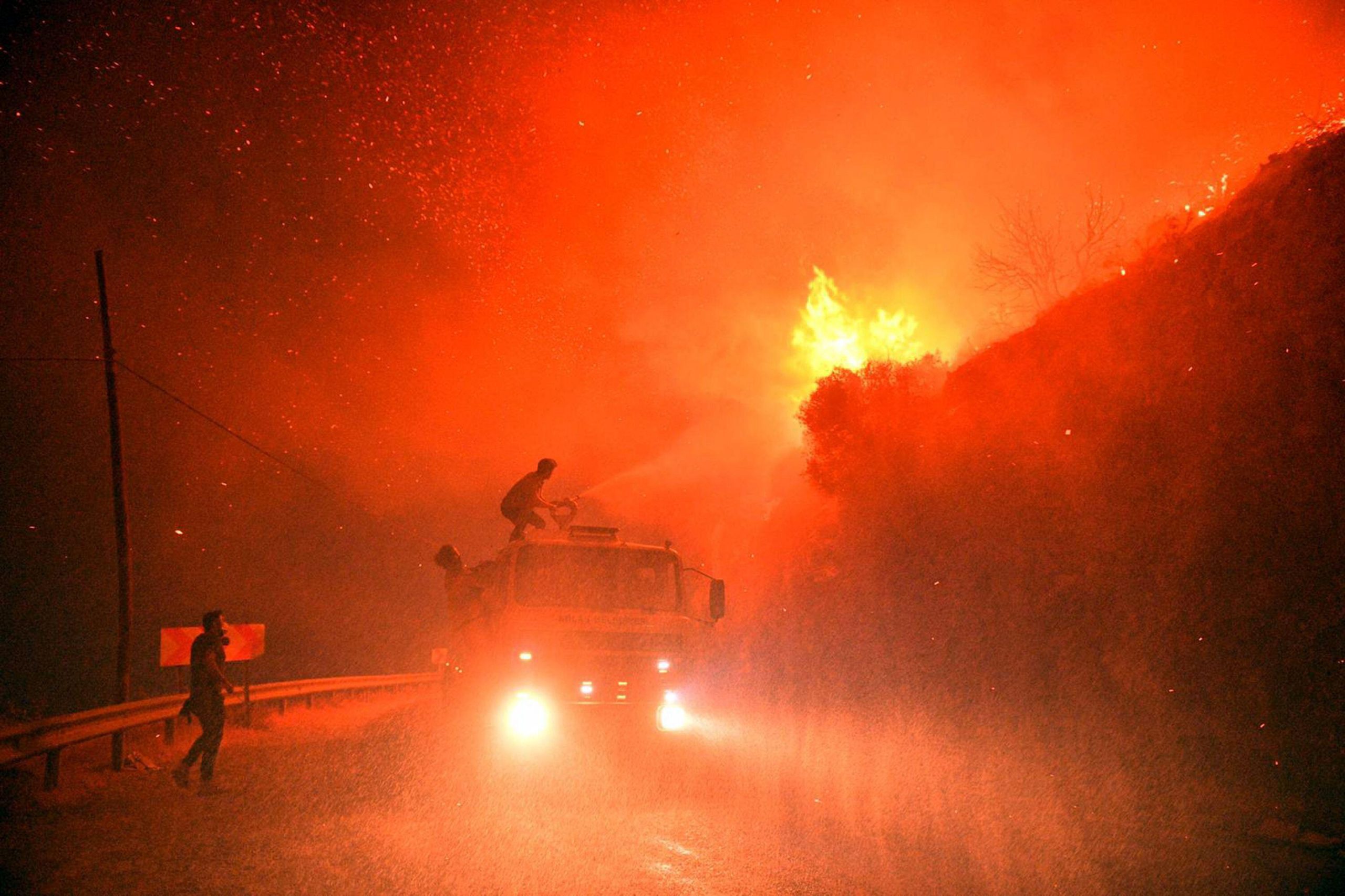
Environmental activism is alive and well in Turkey, despite the peddling of conspiracy theories and government efforts to discredit campaigners

The nation’s natural resources are being plundered and it’s those doing the damage who are being protected
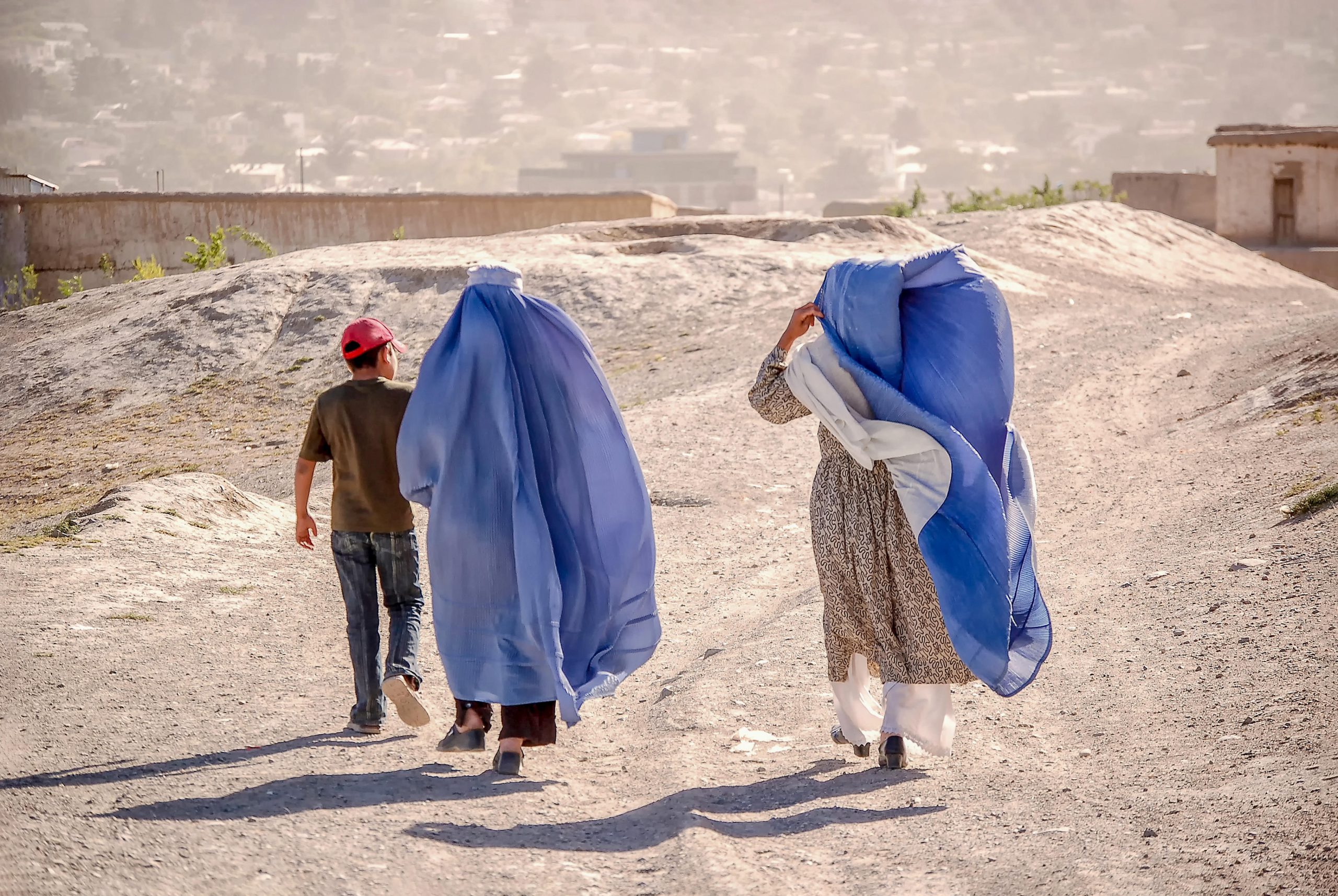
Three poems on the lives of women in Afghanistan

Ecuador’s indigenous people are campaigning to safeguard their history and secure their future
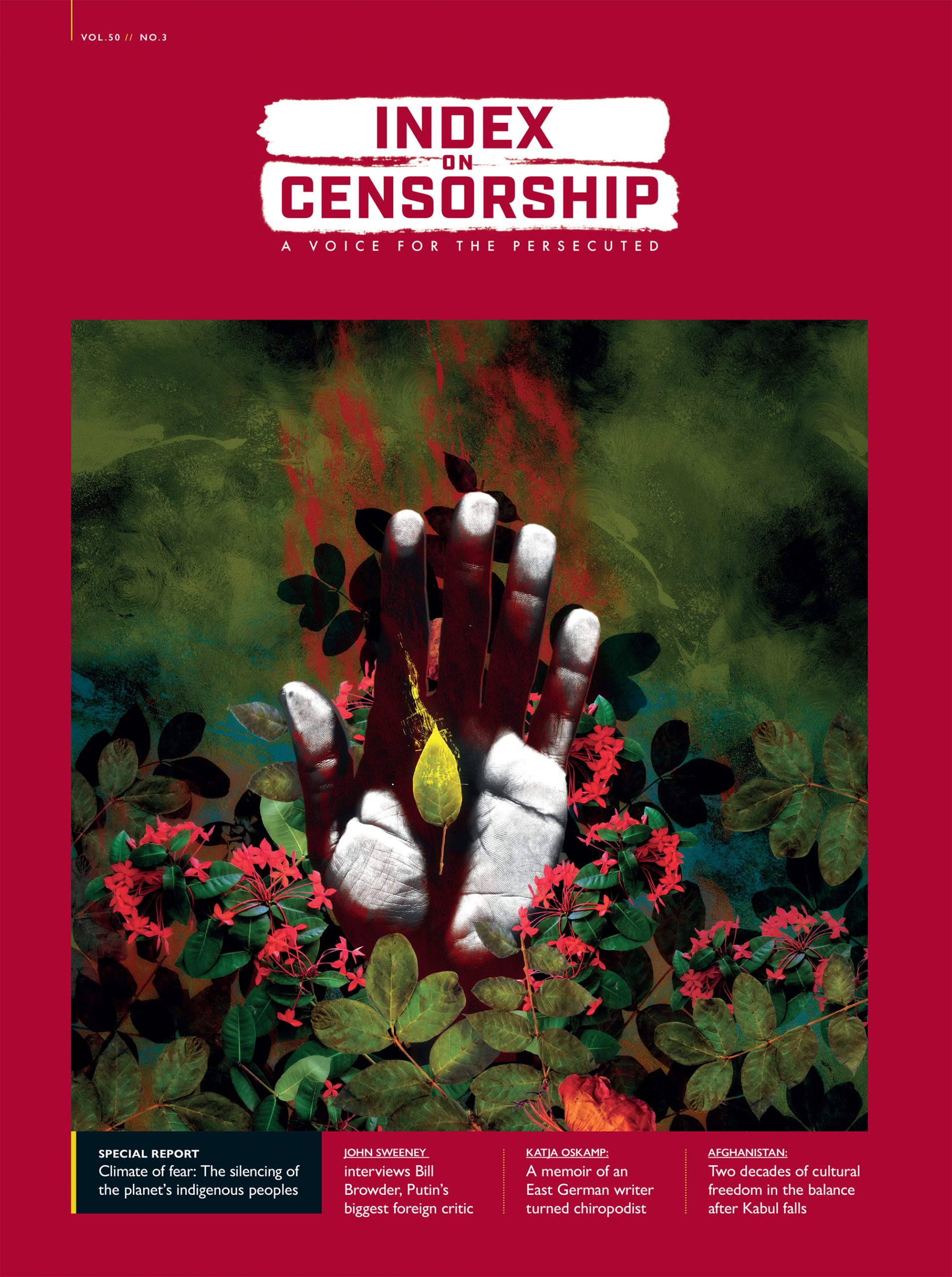
Volume 50.03 Autumn 2021
A quarterly journal set up in 1972, Index on Censorship magazine has published oppressed writers and refused to be silenced across hundreds of issues.
The brainchild of the poet Stephen Spender, and translator Michael Scammell, the magazine’s very first issue included a never-before-published poem, written while serving a sentence in a labour camp, by the Soviet dissident Aleksandr Solzhenitsyn, who went on to win a Nobel prize later that year.
The magazine continued to be a thorn in the side of Soviet censors, but its scope was far wider. From the beginning, Index declared its mission to stand up for free expression as a fundamental human right for people everywhere – it was particularly vocal in its coverage of the oppressive military regimes of southern Europe and Latin America but was also clear that freedom of expression was not only a problem in faraway dictatorships. The winter 1979 issue, for example, reported on a controversy in the United States in which the Public Broadcasting Service had heavily edited a documentary about racism in Britain and then gone to court attempting to prevent screenings of the original version. Learn more.